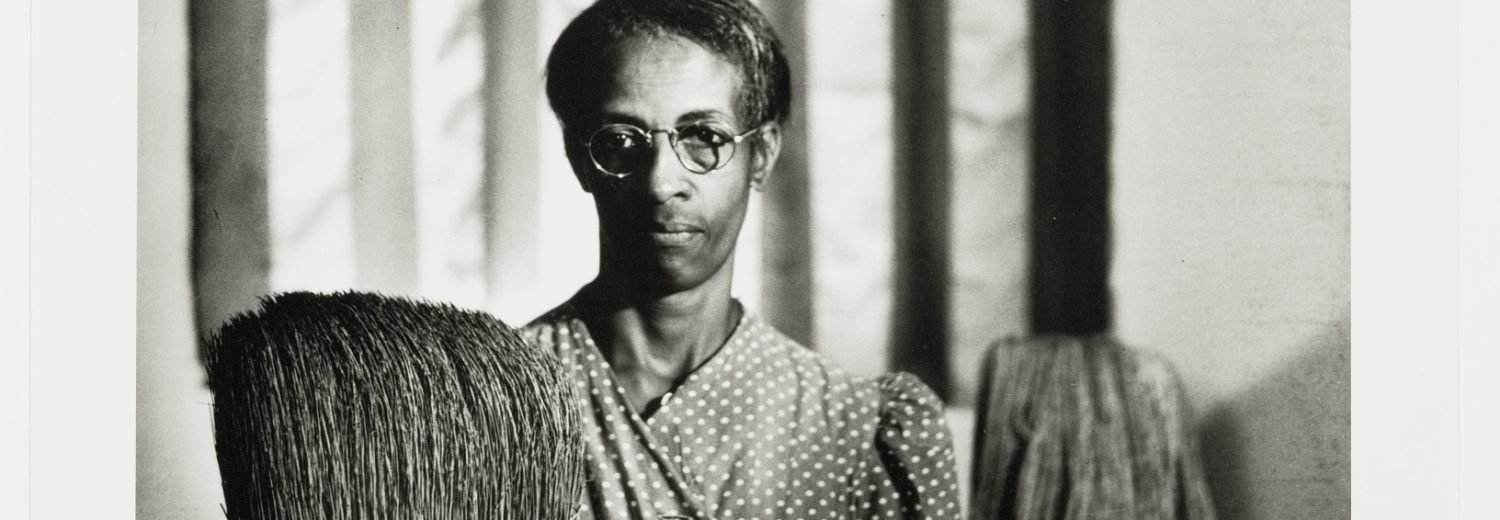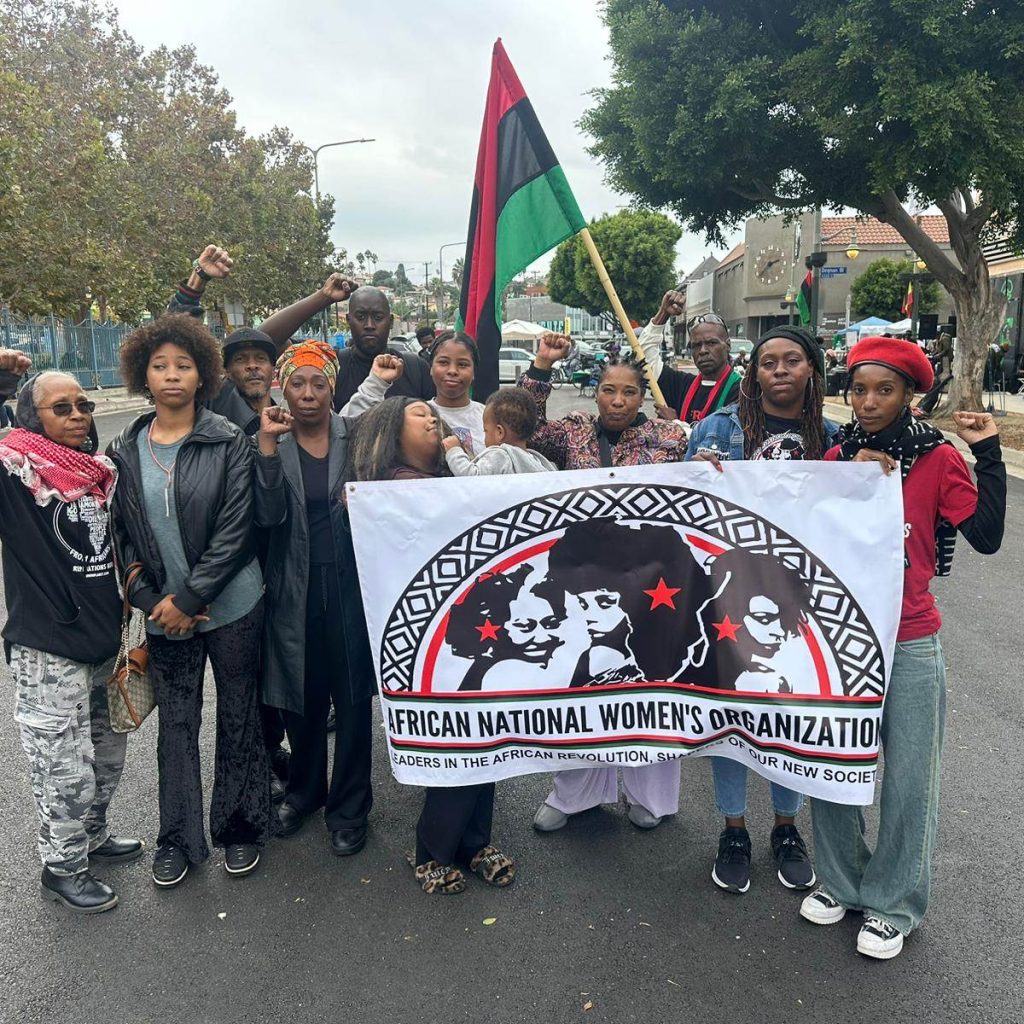
By Yejide Orunmila
Trump’s America is not so different from the America African people have been experiencing for our entire existence. From the inception of this colonial project, our labor has been stolen and exploited for the benefit of the colonizer.
At any given time, African people may experience pockets of job growth, but even when the parasitic economy appears to be doing well, African unemployment has consistently been the highest of any group since the federal government began publishing labor statistics by race and gender, in 1970.
The August 2025 Jobs Report
So while it may seem staggering to some, we are not surprised at the rate at which African women are being pushed out of the labor market. Every month, the U.S. Bureau of Labor Statistics (BLS) publishes the Employment Situation Summary (often referred to as the “jobs report”).
In August 2025, the U.S. economy added just 22,000 jobs. Economists noted that this was a sharp slowdown reflecting deep structural instability in the labor market. Amid this fragility, the unemployment rate for Black women soared to 7.5 percent, nearly double the national average of 4.3 percent.
Federal job cuts (97,000 positions lost since January) have disproportionately impacted agencies where Black women are overrepresented.
Congresswoman Ayanna Pressley highlighted that over 300,000 Black women have lost jobs since February, calling it “a staggering loss of economic security and generational progress.” But this framing reflects the outlook of the African petty bourgeoisie.
Petit Bourgeois Illusions vs. Working-Class Reality
The African working class cannot afford illusions of reform or inclusion. For us, real “generational progress” will not come from climbing the colonial ladder but from tearing it down by reclaiming our stolen resources, building African self-reliance, and overturning parasitic capitalism itself.
The U.S. economy was built on the stolen labor of African people. From the enslavement of African women to the underpaid domestic and service work that continues today, African women’s labor has always been a primary pillar propping up this system.

The Vivid Truth about Poverty Programs
The African working class bears the brunt. It is African women in hospitals, schools, social service offices, and federal agencies who are being cast into unemployment lines, forced to choose between food and rent.
Take social services, for example. These are the very institutions where African women are concentrated both as workers and as recipients.
During one of my recertification appointments for WIC—a federal program that provides food, health referrals, and nutrition support to low-income pregnant women, new mothers, and young children—the worker admitted that my income, though low enough to qualify for assistance, was still higher than her own paycheck. This is the colonial contradiction laid bare: African women employed by the state to administer poverty programs are themselves trapped in poverty wages.
The colonial state uses our labor to administer its scraps while locking us in the same cycle of deprivation. It demands that African women prop up its welfare system while ensuring that neither the worker nor the recipient can ever escape dependence on a parasitic economy. This is colonial capitalism waging economic war on African women, forcing us to subsidize the very system that exploits and discards us.

The Nature of Parasitism
This is parasitism. The wealth of the white ruling class is fed by draining the blood, sweat, and tears of African people, while leaving us in permanent instability. The jobs report is a reminder that African people must build our own future outside the colonial economy.
That means advancing African self-reliance by creating cooperative economic systems and community-controlled institutions that serve us rather than the colonial state. It requires organizing the African working class, with African women workers at the forefront as leaders who experience the sharpest edge of colonial oppression and who hold the clearest vision of liberation.
Rejecting Reform, Embracing Revolution
We must also reject the petty bourgeois illusion that assimilation into the colonial system can ever deliver freedom. No individual achievement or professional advancement will overturn the conditions of colonial exploitation. Liberation demands the destruction of the system itself.
As a recent Time article put it, “Black women are the canary in the coal mine on the health of the economy.” The authors warn that rising unemployment among Black women is a signal of what’s to come for other workers. While this framing makes clear that African women workers are among the most vulnerable, it ultimately reduces our suffering to a benchmark for the broader economy.
It fails to grapple with the deeper reality that African working-class women are not simply indicators of crisis but the very foundation of the colonial parasitic system, a system that extracts our labor and discards us when convenient. By stopping at reformist prescriptions for policymakers, the article reflects the outlook of the petty bourgeoisie, seeking to better manage African women’s exploitation rather than overturning the system that produces it.

The Path Forward: African Internationalism
For African people, the lesson is not that we are early warnings for others, but that our lived experience exposes the colonial economy itself as unsustainable, demanding its complete destruction and replacement with African-controlled systems of power and life.
Our struggle must be carried out under the banner of African Internationalism. African women in the U.S., Latin America, the Caribbean, on the continent of Africa, and across Europe are united by a common oppression under colonial capitalism. Only by wielding African Internationalism as our guiding theory can we claim a common victory.




Leave a Reply